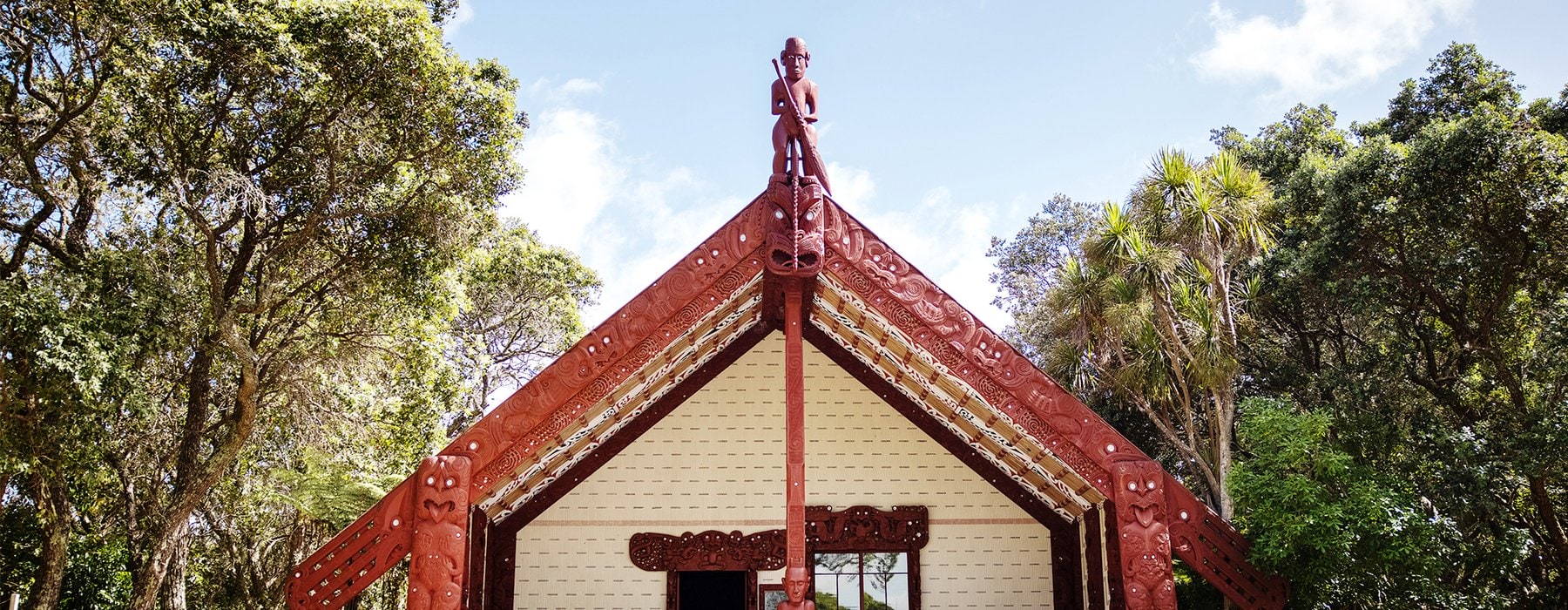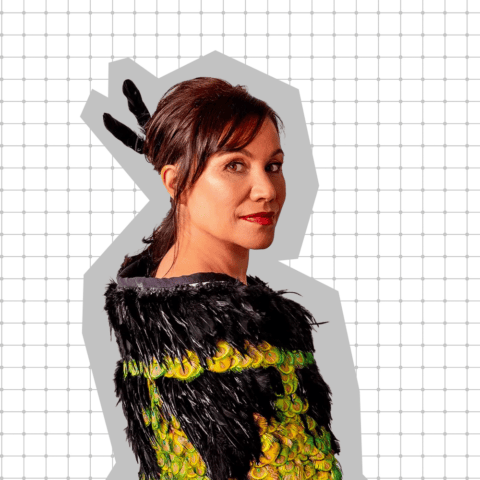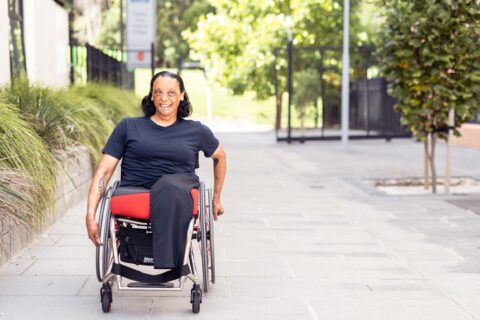Make no mistake – on the marae, a woman’s power extends far beyond the words that are spoken.
I’m postponing what I was originally going to write about in this column because I feel a need to respond to recent criticism of marae protocols as being sexist to women. Trust me, I don’t feel disempowered in a marae setting – in fact, I feel my female power being nurtured and treasured.
I’m a feminist, and with my feminist mind I can see how critics have come to these conclusions, but only if I also layer my feminism with a Pākehā world view (I’m also Pākehā, after all) that sees the front row of seats at an event as the VIP position, and speeches at one particular time of the ceremony as more important than other aspects of the process.
I’d also need to entirely misunderstand and dismiss the power of karanga, the first voice of skilled women leaders who allow the pōwhiri to begin. You may feel the wairua (spirit) of the karanga, but if you can’t understand the words, you’re missing the narrative of their voice of welcome, challenge, sorrow, knowledge of who is present and what they bring with them, and the analysis of the topics that will be raised at the hui.
Kaikaranga, the women who perform karanga for formal events held by iwi, especially of the significance of the Waitangi Day commemorations, are masters of this craft. The frequency of their voices give us chills, even when we can’t understand what they’re saying, because they are accessing a vibration that communicates between us in the physical world and the spiritual realm.
Not every Māori woman will karanga, and some will only do it when they are ruahine (an older woman). My kuia was a kaikaranga, and I also witnessed her deplatforming male speakers from their whaikōrero (formal speech, oratory) because they had gone off track or their speech was inappropriate.
You may have seen waiata being sung at the end of whaikōrero to support the speaker, compliment what they’ve said, and neutralise the tapu of the kaikōrero (speaker), but women also have the mana to cut a speaker short through waiata.
When I saw my kuia do this, she stood up next to the speaker and started to sing while he was mid-sentence. He turned to say that hadn’t finished but she advised him, “Yes, you have.”
When men whaikōrero, they ideally are not just speaking for themselves. I remember a kaumātua (elder) of great standing telling me that the first time he did whaikōrero as a young man, he was very excited – until afterwards, when his kuia and aunties told him, “You’re lucky we didn’t sit you down. You should have come to us first.” They reminded him he should have acquired proper clearance and support, and gathered their opinions to present, before he stood to speak.
Ehara taku toa i te toa takitahi; he toa takitini kē. (My strength is not mine alone; it is the strength of many.) Dr Shane Reti spoke for the National Party at Waitangi this year, and I would assume he consulted his party and his leader, Judith Collins, about what he was going to say. If I were Judith, I would have risen to stand right beside him when he finished and used the opportunity to lead a waiata of support that was perfectly relevant to the topic, added more layers to his kōrero, and showed the effort and respect I’d afford a significant pōwhiri. That would have been a mic-drop moment.
The Prime Minister, Jacinda Ardern, spoke from the mahau (front porch) of the wharenui, but perhaps that would have been overshadowed had Judith taken her moment in that way.
Wāhine Māori from Te Tai Tokerau (Northland) have been raising the issue of their speaking times and rights, and that is absolutely their place. They are the ones to be listened to in this debate, rather than an outsider-looking-in, patchy perspective on the role of women in marae settings.








